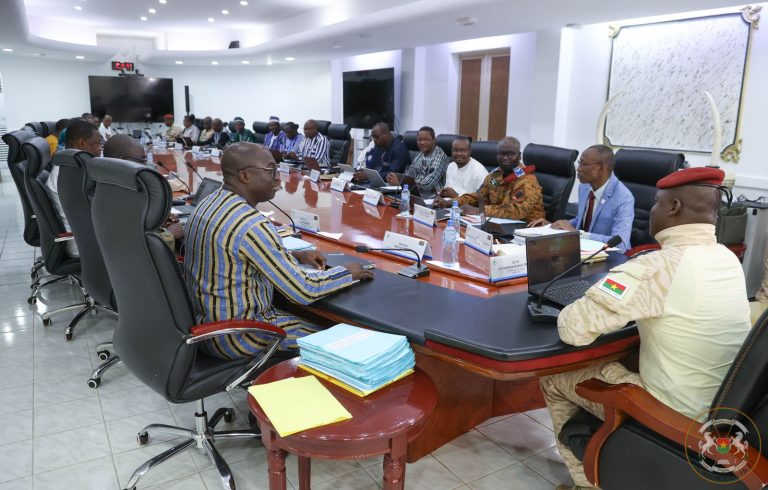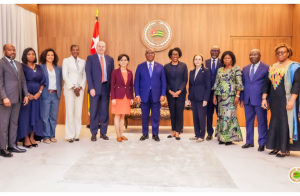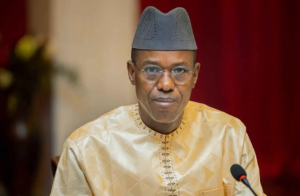Burkina Faso: Captain Ibrahim Traoré and his battle against corruption

Burkina Faso, the land of Thomas Sankara, has recently found in Captain Ibrahim Traoré an exemplary leader determined to eradicate corruption and absenteeism within the public administration. As the President of the Transition, Captain Ibrahim Traoré has quickly gained popularity due to his unwavering commitment to transparency and accountability.
One of Captain Ibrahim Traoré’s key initiatives has been to confront the corruption that has long plagued the functioning of the Burkinabe public administration.
His bold vision aims to instill a culture of integrity at all levels of the civil service.
President Ibrahim Traoré has implemented rigorous control mechanisms to ensure that public funds are used transparently and effectively, thereby eliminating opportunities for malfeasance.
A crucial aspect of his anti-corruption strategy is denouncing the tendency to systematically resort to external firms for tasks that fall within the competence and obligations of public administration executives.
The Transition President insists on the need to strengthen internal skills and trust local officials to perform their duties effectively, rather than overly relying on often expensive and sometimes ineffective external consultants.
His vision of public administration is based on the principle that public servants must be adequately trained and equipped with the necessary skills to fulfill their missions.
By investing in continuous training and promoting skill development within the administration, Captain Ibrahim Traoré seeks to ensure a Burkinabe civil service capable of meeting 21st-century challenges independently.
By highlighting local talent, the Transition President also aims to reinforce the sense of responsibility of civil servants towards their nation.
He encourages initiative and creativity within the administration, emphasizing that trust in national skills is essential to build a prosperous and independent Burkina Faso.
Captain Ibrahim Traoré’s enlightened leadership has already begun to bear fruit, with notable progress in the fight against corruption and the reduction of absenteeism within the public administration.
His determination to establish a culture of integrity and accountability offers a glimmer of hope for the future of Burkina Faso, demonstrating that significant changes can be achieved with bold vision and unwavering commitment to the public good.











